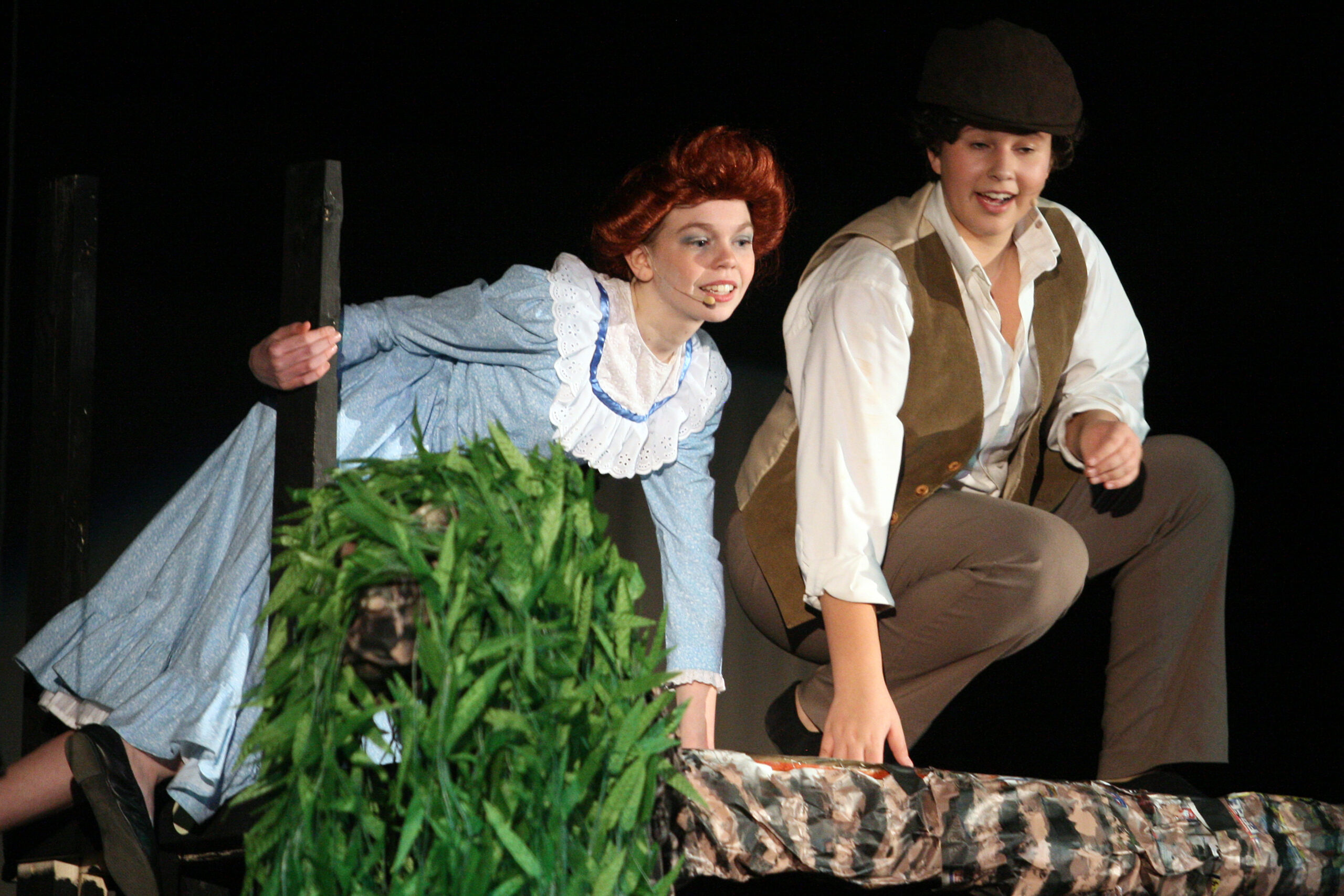
HOULTON, Maine — Shortly before Thanksgiving, the Houlton Middle-High School put on its production of “Tuck Everlasting: the Musical,” drawing a significant crowd to cheer on the youths for their singing and acting talents.
Houlton is well known for its musicals and theatrical productions, whether it be from students in the local schools, the Star Bright Children’s Theater or the Houlton Community Band.
According to a local historian, the roots of the town’s musical greatness can largely be traced back to members of a Falmouth family, many of whom were blind, who first moved to town in 1820.
The Joseph Jones family came to Houlton from Falmouth 13 years after Joseph Houlton first settled the community and took up residence on the Calais Road, according to Cora Putnam, author of “The Story of Houlton.”
“These early emigrants to the forest village were most interesting,” she wrote, “because father and mother were blind. There were several children in the family, one or two of whom were otherwise afflicted.”
Putnam said that the family members were beautiful singers and several played instruments. They later led a newly formed choir at the First Unitarian Church in 1837.
In 1874, Joseph Jones organized a “singing school,” the name of which is not mentioned by Putnam, and also formed a glee club. Their first concert was so successful that “the building was filled to overflowing,” she wrote.
The success of the family also continued into the second generation.
Putnam noted that Adelia Jones, daughter of Joseph Jones and his wife, married John Lindsay of Woodstock, New Brunswick, Canada. Their son, J. Hollis Lindsay, also was born blind in 1885. He received training at a school for the blind and also excelled in music, soon gaining entry to the American Conservatory of Music in Chicago. In 1911, he took up residence in Houlton, accepting a position at Ricker Classical Institute.
“Like his grandfather, Joseph Jones, he filled a large place in the musical circles of the town,” Putnam wrote.




